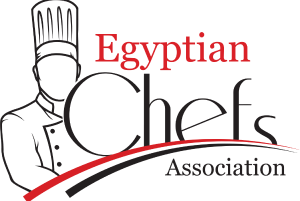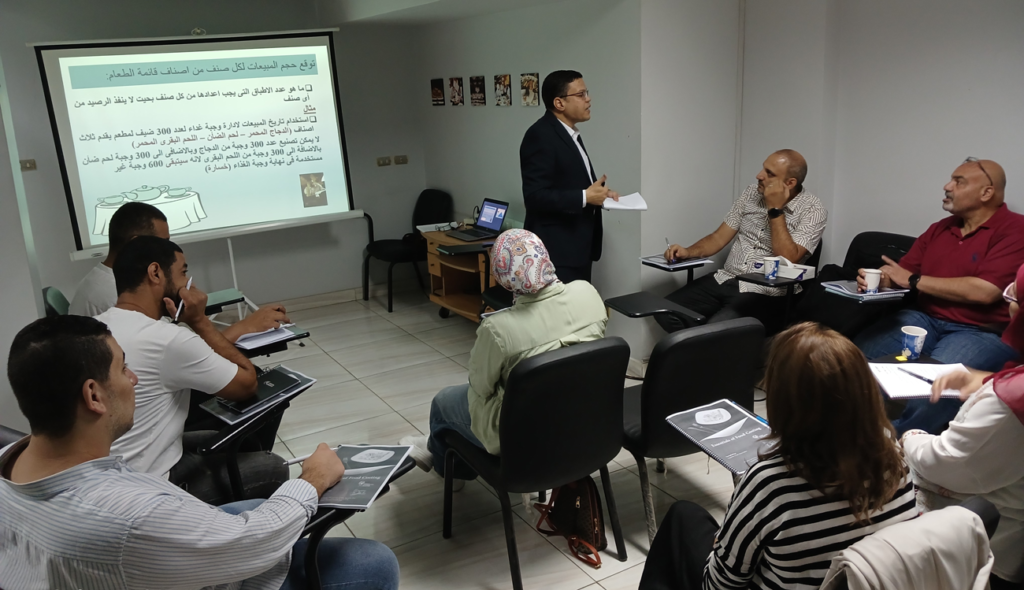

ECA Training Coverage

The Egyptian Chefs Association recently hosted a two-day workshop addressing the challenges of rising ingredient costs in the culinary industry. Led by Ayman Attia, a cost control expert with over 21 years of experience at Steigenberger Hotel El Tahrir, the workshop provided chefs, restaurant managers, and operators with strategies to balance affordability and profitability without compromising food quality.
Key Areas of Focus
Attendees were taught the importance of tracking food costs and analyzing trends to take specific actions. Variations in food costs over time need to be understood in terms of factors like product mix changes or increased wastage, each requiring different management solutions.
The workshop emphasized the value of historical sales data and standardized recipes for forecasting product needs. Accurate estimates help avoid over-purchasing and reduce food waste.
Best practices for purchasing, receiving, and storing food were demonstrated, along with methods to calculate food cost percentages and use the popularity index to accurately estimate real costs.
Menu design was highlighted as a critical factor in minimizing waste, encouraging the efficient use of ingredients to boost profitability.
Attendees learned to identify hidden expenses within food costing, helping restaurants better manage finances and optimize costs.
Maintaining food quality while controlling costs was emphasized as crucial for customer satisfaction and business success. Quality should never be sacrificed when implementing cost-saving measures.
Ayman also introduced several technical terms used in food costing, such as: LIFO (Last In, First Out) and FIFO (First In, First Out) Systems and bar stock management: These inventory management systems help in tracking and managing stock effectively; to ensure cost efficiency and reduce wastage.
The workshop was well-received, equipping participants with practical tools to improve profitability while maintaining high-quality food standards amidst rising costs. The Egyptian Chefs Association expressed its gratitude to Ayman Attia for his comprehensive training and dedication.